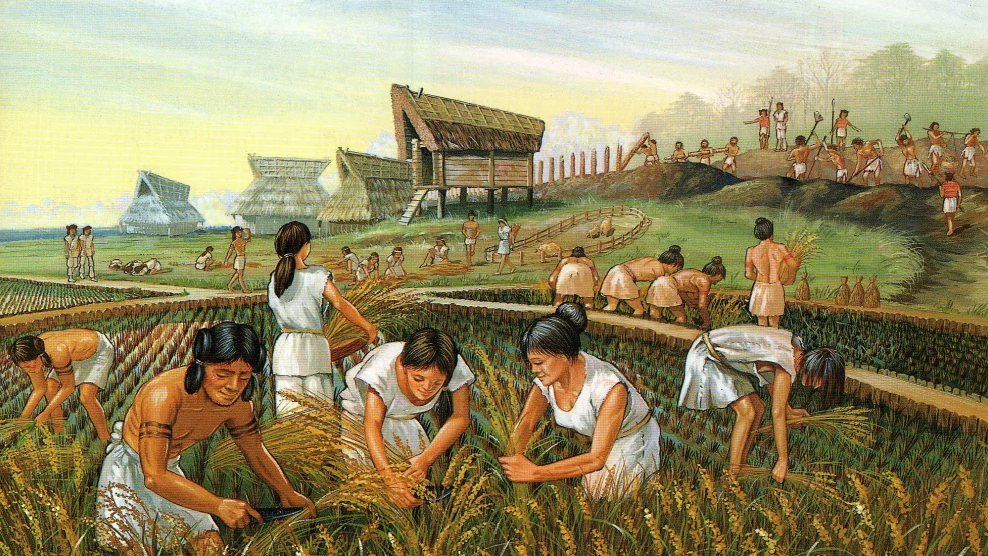
Evolutionary medicine – Why gardening is so good for us
There are lots of benefits associated with gardening. The feelings gained from being outside and in nature and seeing things grow. Gardening is curious in how it exercises the body and soul yet at the same time rests the mind. Gardening was among one of the first classrooms that brought all generations together.
In this video my daughter and I have just finished picking raspberries and shared a moment with each other. These activities and moments are all part of what this article discusses. The lens is from an Evolutionary Medicine perspective, which has important implications for preventative health care.
I recently read a book summary by Daniel Lieberman called Exercised – The Science of Physical Activity, rest and health. Dr Daniel E. Lieberman is a Professor in the Department of Human Evolutionary Biology at Harvard University. My interest in this was to find insights into the health benefits of gardening. I discovered that it is perfectly normal to resist exercise, though modern living means we aren’t getting nearly enough, which is why I think gardening is a good alternative for many people.
Modern medicine focuses on treatment but not prevention
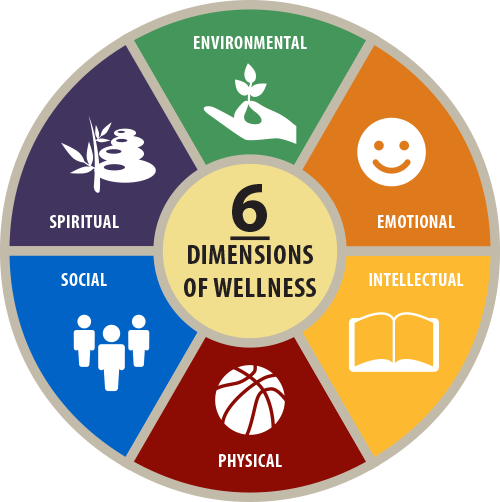
Dr Lieberman’s work on evolutionary medicine has important implications for preventative medicine which is very important when considering that modern medicine has a focus on treating the symptom but not necessarily the cause. I’m not aware of statistics in Aotearoa New Zealand but Lieberman stated in the U.S. 3% was the amount of healthcare budget that was spent on preventative measures and initiatives.
His research aims to understand how our ancestor’s history shaped our biology and health, providing insights into preventive measures that can mitigate the impact of modern lifestyles on our well-being.
Here’s how his work relates to preventative medicine:
- Identifying Evolutionary Mismatches: Dr Lieberman emphasizes the concept of evolutionary mismatches, where our bodies are poorly adapted to certain aspects of our modern environment. By recognizing these mismatches, such as sedentary behaviour, high-calorie diets, or chronic stress, we can take proactive steps to prevent associated health issues. Understanding the evolutionary basis of these mismatches allows us to identify areas where preventive interventions are needed.
- Promoting Physical Activity: Evolutionary medicine highlights the importance of physical activity in the ancestral environment and its positive impact on health. Dr Lieberman’s research emphasizes the value of regular physical activity in preventing chronic diseases like obesity, diabetes, and cardiovascular conditions. This knowledge should encourage healthcare professionals to promote exercise as a key preventive measure.
Our ancestors would think we are crazy!
In a modern context, we might think of exercise as going for a run or joining a gym or playing sports. I must emphasize that these are excellent ways of maintaining health, but staying with the ancestral line of thought, my tīpuna would consider it completely crazy to expend energy in an activity that you would then have to expend more energy (through work) to replace. This is the privilidge of modern comfort and convenience.
In one study, forty-six Hadza (Tanzanian traditional living tribe) adults wore heart rate monitors for several days, and the results showed that they spent an average of three hours and forty minutes a day engaged in light activities and two hours and fourteen minutes a day in moderate or vigorous activities. Although they are about twelve times more active than the average American or European, their workload cannot be described as strenuous. On average, women walk five miles a day and dig for a few hours, while men walk between seven and ten miles a day. When not very active, they usually rest or engage in light work.
In an interview he states that he’s not a psychologist but he is very sympathetic to people who resist modern exercise regimes. It is a completely natural response to want to rest, compared to an activity that isn’t instinctive like exercise.
It’s really important to stress that modern exercise routines have become a necessity because of how we now live, but this is where the mismatch lies since we no longer live subsistently.
Recommendations
Encouraging Healthy Diets:
Evolutionary medicine recognizes that our ancestors consumed diverse, whole foods that differ from the processed and calorie-dense foods prevalent in modern diets. Dr Lieberman’s work emphasizes the importance of a balanced, nutrient-rich diet, with a focus on fruits, vegetables, lean proteins, and healthy fats. By adopting dietary patterns that align with our evolutionary history, we help prevent diet-related diseases such as obesity, metabolic syndrome, and certain cancers.
Gardening provides a source of fresh nutrient rich whole foods. It also provides the opportunity to cook more instead of relying on processed foods.
Restoring Natural Environments:
Evolutionary medicine acknowledges the benefits of being connected to nature. Dr Lieberman’s research supports the idea that exposure to natural environments, green spaces, and fresh air positively affects mental and physical health. By incorporating natural elements into our built environments and promoting outdoor activities, we can help prevent mental health disorders, stress-related illnesses, and sedentary behaviour.
Through gardening we are literally building natural environments and interacting with nature.
Emphasizing Early-Life Interventions:
Evolutionary medicine recognizes the importance of early-life conditions in shaping long-term health outcomes. Dr Lieberman’s work highlights how prenatal and early childhood experiences can have lasting impacts on health. Preventative medicine informed by evolutionary principles may involve interventions aimed at improving maternal health, optimizing early nutrition, and providing nurturing environments to promote healthy development.
Traditionally gardening was a whānau activity, planned and shared from garden to plate. Along the way lessons of patience and manaakiatanga we taught to tamariki. These opportunities still exist today provided we take them onboard in our lifestyle.
In summary, Dr Daniel Lieberman’s work on evolutionary medicine contributes to preventative medicine by identifying evolutionary mismatches, promoting physical activity, encouraging healthy diets, restoring natural environments, and emphasizing early-life interventions. By applying evolutionary insights to healthcare practices, we can develop preventive strategies that align with our biological heritage and help mitigate the impact of modern lifestyles on our health and well-being.
Aotearoa has the answers
From a te Āo Māori perspective it is encouraging to see more health providers look to treat the whole person, this fits well with the idea of holism, or not separating the parts from the whole. In this case it would be not separating or ignoring the person’s symptoms from the other parts of their life.
International Classification of Functioning, Disability and Health (ICF)
The World Health Organisation (WHO) established a model named the ICF model in 2001. This model of treatment aligns closer to what many indigenous cultures have been practicing for centuries.
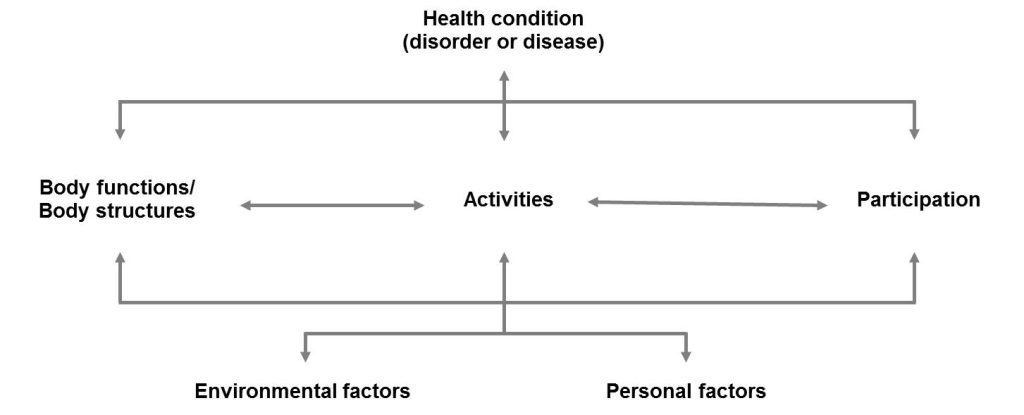
Mātauranga aligned Health models
The following models are commonly recognised across the clinical and health systems in Aotearoa. A challenge that modern medicine has is becoming more in tune with how different groups of people think and act as social beings. Being relatable to a person’s core beliefs and ways of operating in the world is where preventative medicine begins, since it provides opportunities for lifestyle change instead of pharmaceutical and chemical change in the body.
Te Wheke

Te Whare Tapa Wha
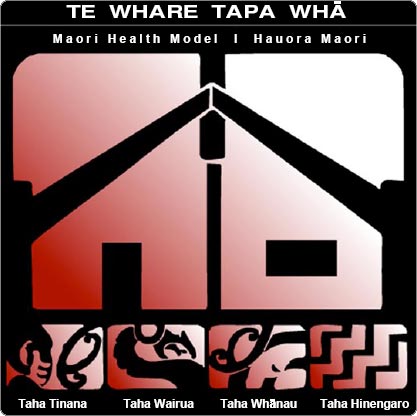
Te Pae Mahutonga
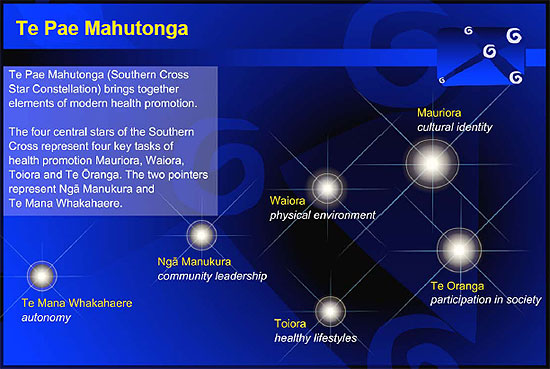
Summary
There are different ways of exercising and being active other than what infomercials might have us believe. Being active in the garden and in nature resembles the types of activities that our ancestors would have practiced in their lives. However, we live in a modern world so we need to compensate for this mismatch. Promoting gardening is something that health practitioners should consider when discussing lifestyle changes with their patients. Gardening and food has a long history of cultural connection that whānau can relate to and come together to enjoy. These activities are a gateway to better physical, social, nutritional and mental health outcomes and may encourage whānau to progressively try other activities like resistance training, which has been identified as a key exercise type for the aging body.
GROW YOUR OWN FOOD WHĀNAU!
Tag:diet, evolutionary health, exercise, medicine

